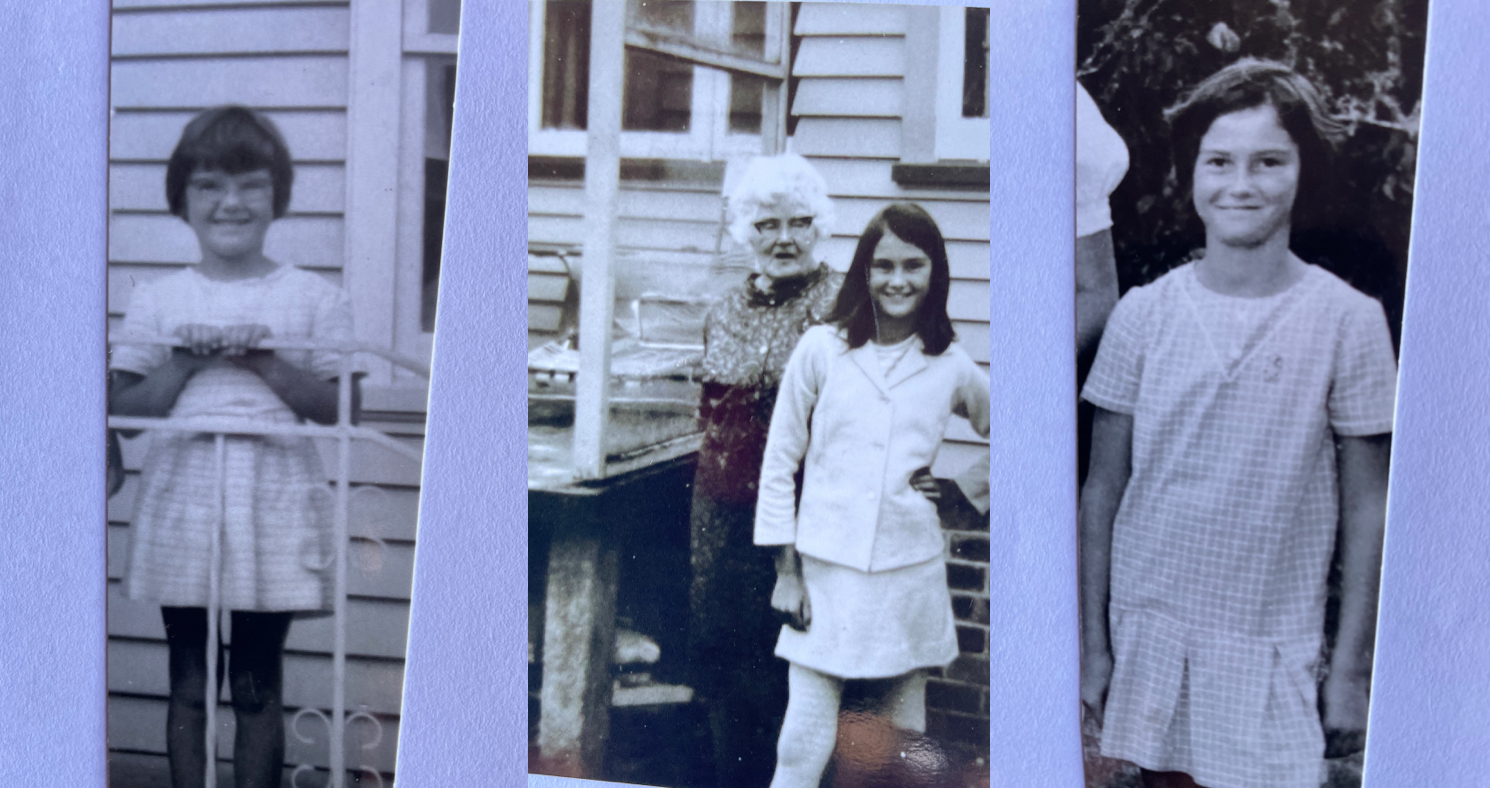
This is the third post in our ‘Teen Voices’ series on GTHQ. We partnered with a non-profit organization called Women In Leadership, based out of Uganda, to help promote one of their initiatives. In the Teen Voices Program, they encourage high school girls in the rural town of Busembatia to write article about their lives, and the challenges they face as females in a largely patriarchal society. These stories are then published online, reaching an international audience.
WIL also shows the girls how to use social media to share news and advocate for change. Through teaching the girls about gender equality, and helping them write articles to raise awareness, they gain the knowledge and the confidence of how they can improve gender equality through their own leadership. We will be publishing a series of short articles written by girls in the program, touching on topics such as education, reproductive rights, health, and gender-related stigma they are actively trying to break down.
You can read the second entry in the series here, and read the latest entry, written by Tulibasika Rebecca, below.
==============================================================================
In my country, it is common for girls to take local medicines or insert sharp objects into themselves to end their pregnancy. Many girls get sick or die after these attempted abortions.
My sister, Naira, was 19 years old, and in Senior Three at Townside High School, when she got pregnant. She had come back to the village to visit, and had become pregnant. She told me about the man who impregnated her. His name was Mugole Alli and he was 39 years old. He had a wife and two children. Naira decided to have an abortion.
It was on Monday January 2017, and she aborted it on a Friday in February 2017. She convinced me when she was going for medical check-up, to confirm her pregnancy. I even went along with Naira to the clinic as she did the urine test in a small bottle with the strip.

After Naira’s pregnancy was confirmed, she initially asked me what she should do. I told her not to get an abortion, but she didn’t listen to me and decided she would do it herself. Unfortunately she had no money for an abortion and she called the man Alli who impregnated her to help with money. Alli did not care to help or to listen to Naira, he was was more interested in arguing that the pregnancy was not his, that he was not the father, and that she had no evidence to prove it.
Naira had to sell some of her clothes to pay for the abortion. After getting the money Naira went back for the third time to the doctor so that she could get the procedure done. When she got to the clinic she was given tablets to take. These tablets were used to remove the fetus from the womb.
After a while, she saw blood coming out from her vagina. She started bleeding non-stop and was knew something was not right. Her mother and father didn’t know anything about the abortion. I ended up telling them. They advised her to and get treatment to get well again, but even after treatment there was no change from the continuous bleeding, so her parents took her to hospital in Iganga for the treatment of pregnancy, and they found a problem with her womb.
In April 2017, I heard that because of the abortion and the complications afterward, she ended up getting cancer. We do not know whether we shall see her again. She was given a bed for rest in Iganga. She is not even studying anymore, yet we are in the same class.
We don’t know whether she will survive. This is why I ask girls not to risk getting unsafe abortions.
===========================================================================

We’re grateful to Tulibasika Rebecca for sharing this story with our readership. It shows the difficult situations many young women face in the developing world when a lack of access to proper healthcare and lack of education about sexual health is the norm. The Guttmacher Institute shares some important information about abortion in Uganda, for background reference and context to add to this story.
- Despite large reductions in pregnancy-related deaths in Uganda over the past two decades (the maternal mortality ratio dropped from 684 per 100,000 live births in 1995 to 343 per 100,000 in 2015), the high number of maternal deaths there remains a public health challenge.[1]
- Unsafe abortion continues to contribute significantly to this public health problem: A 2010 report by the Ugandan Ministry of Health estimated that 8% of maternal deaths were due to unsafe abortion.[2]
- Ugandan law explicitly allows abortion to save a woman’s life. However, the 2006 National Policy Guidelines and Service Standards for Sexual and Reproductive Health and Rights go even further—permitting abortion under additional circumstances, including in cases of fetal anomaly, rape and incest, or if the woman is HIV-positive.[3]
- Yet, existing laws and policies on abortion are interpreted inconsistently by law enforcement and the judicial system, which makes it difficult for women and the medical community to understand when abortion is permitted.[4]
- Because of this ambiguity, medical providers are often reluctant to perform an abortion for any reason, out of fear of legal consequences.[4]


















2 thoughts on “‘Teen Voices’ Series: Barriers To Safe Abortion In Uganda Leading To Unhealthy & Dangerous Outcomes”